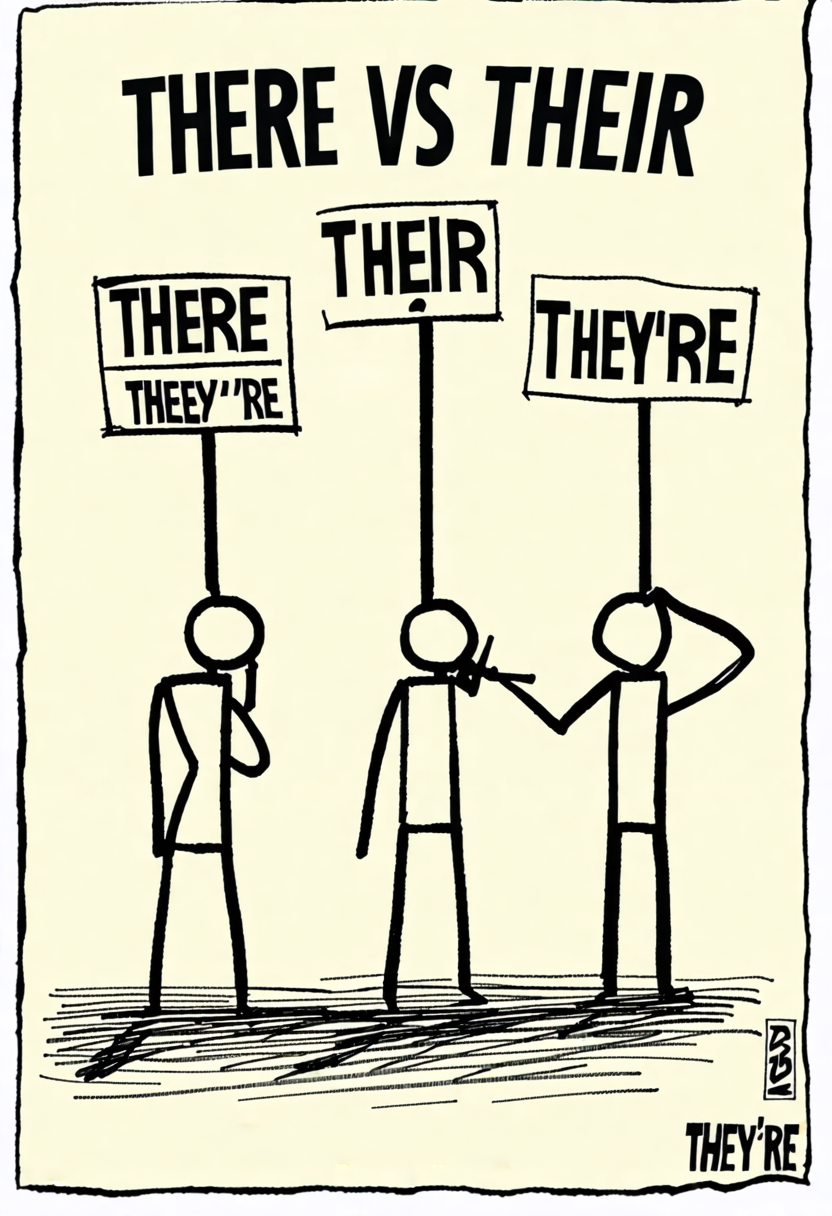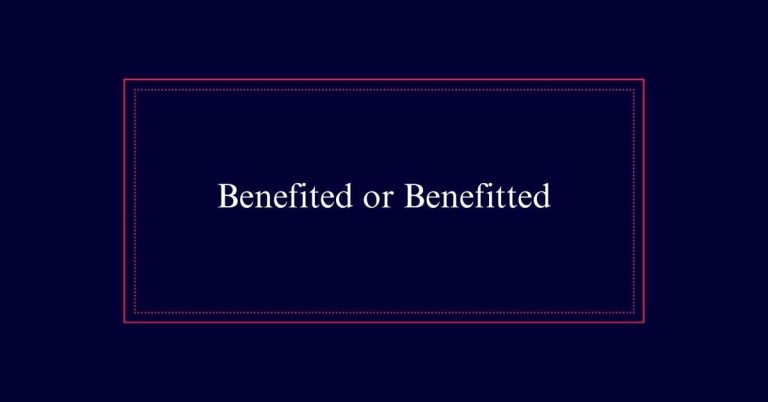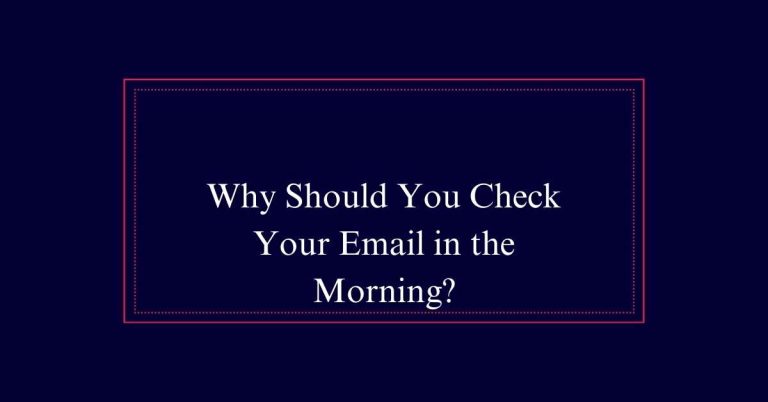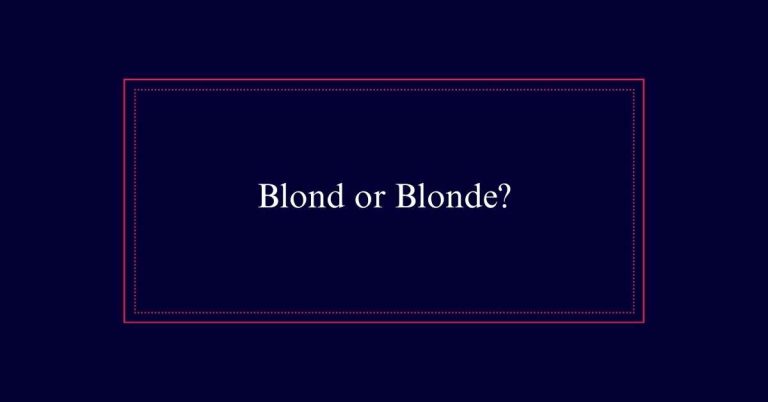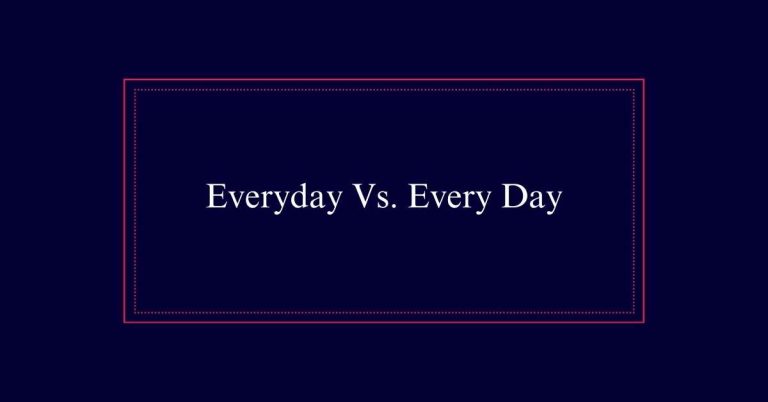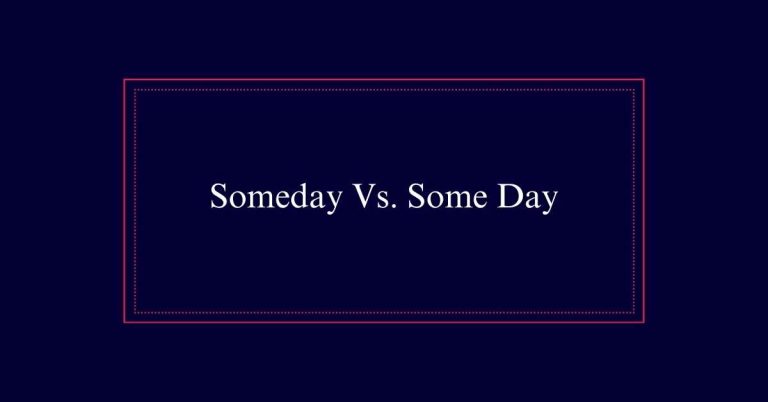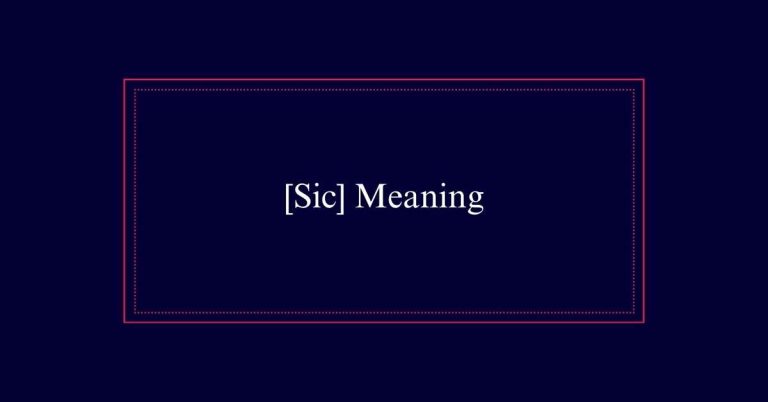There Vs. Their Vs. They’re
‘There,’ ‘their,’ and ‘they’re’ are commonly confused. ‘There’ indicates a location, as in ‘over there.’ ‘Their’ shows possession, such as ‘their house.’ ‘They’re’ is a contraction for ‘they are,’ as in ‘they’re happy.’ Using these incorrectly can lead to misunderstandings.
Remember, ‘there’ contains “here” for location, ‘their” includes ‘heir’ to indicate ownership, and ‘they’re’ combines ‘they are.’ Precise use enhances clarity and communication.
Meaning of ‘There’
The word ‘there’ is used to indicate a specific place or location. It can refer to both physical places and abstract locations. For example, ‘There is a book on the table’ specifies a physical place.
In contrast, ‘There is a reason for everything’ points to an abstract location. Additionally, ‘there’ can introduce a clause or sentence, such as in ‘There are many reasons to study.’ This usage helps to set the stage for what follows.
It is important to note that ‘there’ has the word ‘here’ within it, which can serve as a mnemonic device to remember its usage. Understanding this distinction is vital for clear and effective communication in writing.
Uses of ‘There’
‘There’ serves multiple functions in English, making it a versatile word in both written and spoken communication. It often indicates a specific place or location. For instance, ‘The book is over there on the table.’
Additionally, ‘there’ can introduce a sentence or clause, especially when stating the existence of something. An example is, ‘There is a solution to every problem.’ It is also used in expressions like ‘There you go’ or ‘There it is.’
As a pronoun, ‘there’ can replace ‘it’ or ‘they,’ especially in impersonal constructions. For example, ‘There are many reasons to learn English.’
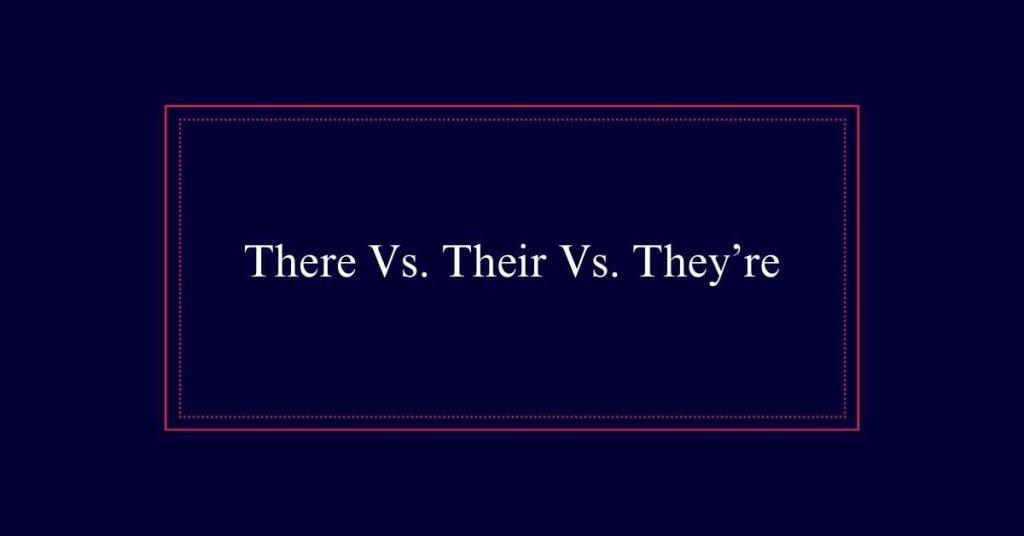
Meaning of ‘Their’
‘Their’ is a significant possessive pronoun indicating ownership or association. It shows that something belongs to or is related to a group of people or things. This word plays an important role in making sentences clear and specific about possession.
Below is a table that highlights the correct usage of ‘their’:
| Sentence Example | Explanation |
|---|---|
| Their house is at the end of the street. | Indicates the house belongs to them. |
| The students forgot their books. | Shows the books belong to the students. |
| Their decision was final. | The decision belongs to the group. |
| The team celebrated their victory. | The victory belongs to the team. |
| Their opinions were diverse. | The opinions belong to the people mentioned. |
Uses of ‘Their’
Understanding the meaning of ‘their’ sets the stage for exploring its various uses in everyday language. ‘Their’ is a possessive pronoun, indicating ownership by a group. It is often used to show that something belongs to them.
Here are four common uses of ‘their’:
- Possession: ‘Their car is parked outside.’
- Attribution: ‘Their ideas were innovative.’
- Association: ‘The team celebrated their victory.’
- Personal Pronoun: Used as a gender-neutral pronoun, for instance, ‘Each student should submit their homework.’
What ‘They’re’ Means
‘They’re’ is a contraction that stands for ‘they are.’ This form combines the words to make writing and speech more fluid. ‘They’re’ can be used in both spoken and written English to convey that a group of people or things are performing an action or are in a certain state.
For example, you might say, ‘They’re going to the park’ or ‘They’re happy with the results.’
Using ‘they’re’ correctly involves ensuring that it can be expanded to ‘they are’ without altering the sentence’s meaning. This contraction is often seen in informal contexts, such as conversations and casual writing. However, it is typically avoided in formal or academic writing, where clarity and formality are paramount.
When to Use ‘They’re’
Knowing when to use ‘they’re’ is important for clear communication. ‘They’re’ is a contraction for ‘they are,’ which means it should only be used in contexts where you can replace it with ‘they are.’
Here are some key points to remember:
- Informal Writing: Use ‘they’re’ in casual emails, texts, or conversations.
- Sentence Structure: Make sure the sentence still makes sense when ‘they’re’ is expanded to ‘they are.’
- Verb Agreement: The subject ‘they’ must agree with the verb following ‘are.’
- Avoid Formal Contexts: In formal writing, it’s better to use ‘they are’ to maintain a professional tone.
Common Mistakes
Misusing ‘there,’ ‘their,’ and ‘they’re’ is a common mistake that can lead to confusion in writing. These homophones sound identical but have distinct meanings and uses.
‘There’ is used to indicate a place or position.
‘Their’ is a possessive pronoun, showing ownership.
‘They’re’ is a contraction of ‘they are.’
Writers often mix them up, leading to errors like ‘Their going to the park’ instead of ‘They’re going to the park.’ Another frequent error is using ‘there’ for possession, as in ‘There car’ instead of ‘Their car.’ Such mistakes not only confuse readers but also undermine the writer’s credibility.
Easy Memory Tricks
Using easy memory tricks can help differentiate between ‘there,’ ‘their,’ and ‘they’re’ effectively. Here are four simple methods to remember their correct usage:
- ‘There’: Contains the word ‘here,’ pointing to a location.
Example: ‘Look over there.’
- ‘Their’: Includes ‘heir,’ which signifies ownership.
Example: ‘Their house is large.’
- ‘They’re’: An apostrophe indicates a contraction. Replace it with ‘they are’ to check.
Example: ‘They’re coming soon.’
- Visual Cues: Associate each word with an image.
For ‘there,’ picture a place.
For ‘their,’ think of people holding something.
For ‘they’re,’ visualize a group doing an action.
Practical Examples
Practical examples can clarify the correct usage of ‘there,’ ‘their,’ and ‘they’re’ in everyday writing. For instance, ‘There is a book on the table’ uses ‘there’ to indicate location.
In the sentence ‘Their book is on the table,’ ‘their’ shows possession.
Finally, ‘They’re reading the book’ uses ‘they’re’ as a contraction for ‘they are.’
Consider these additional examples: ‘There are many options available’ versus ‘Their options are limited’ and ‘They’re considering their choices.
Each sentence ensures the correct form is used based on meaning. Practicing such examples helps in understanding and remembering the distinct roles of ‘there,’ ‘their,’ and ‘they’re.’
Pronunciation Tips
Understanding the correct usage of ‘there,’ ‘their,’ and ‘they’re’ is only part of the challenge; mastering their pronunciation is equally important.
Despite their different meanings, these words are homophones, meaning they sound identical.
To aid in clear communication, consider these tips:
- Context Clues: Use surrounding words to determine which homophone fits.
- Pronunciation Practice: Regularly practice sentences that use all three words.
- Emphasis on Meaning: When speaking, mentally note the word’s meaning to avoid confusion.
- Listening Skills: Pay attention to how others use these words in conversation.
